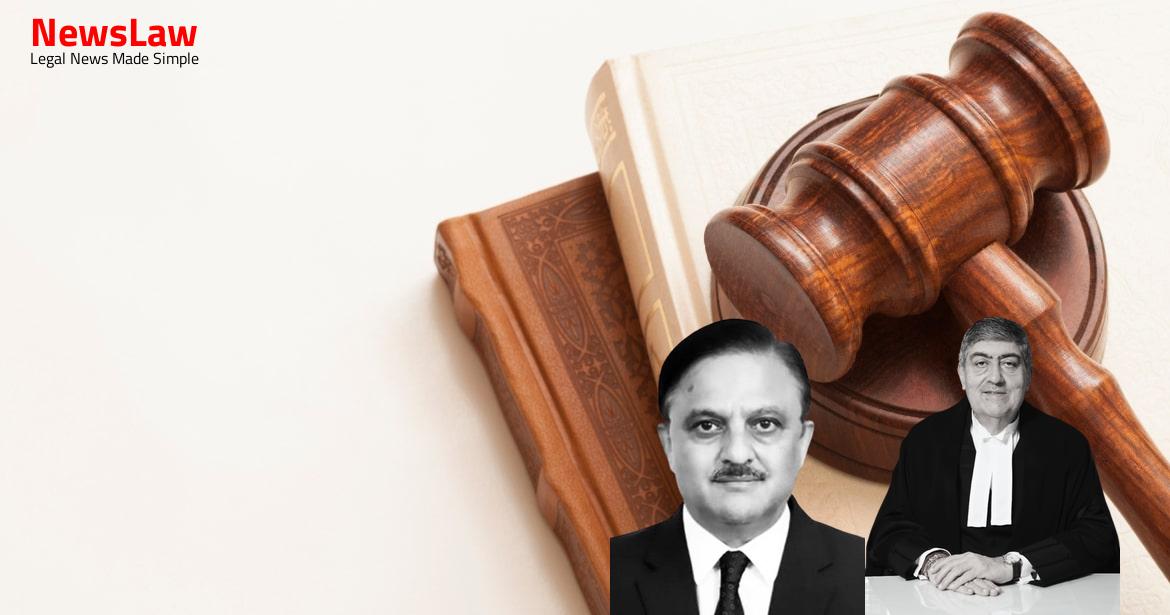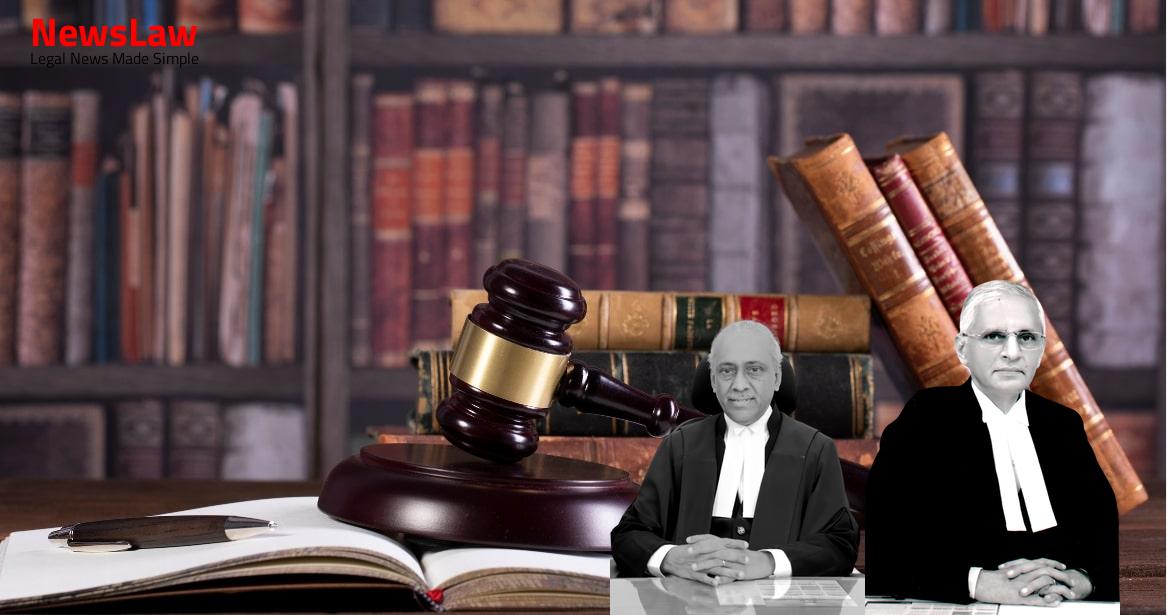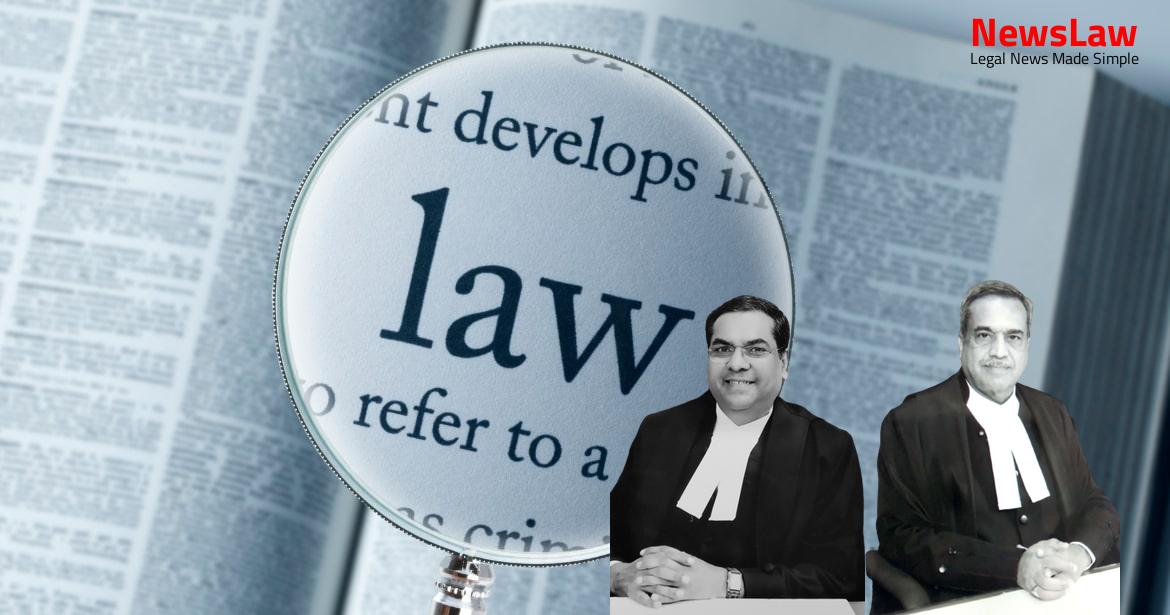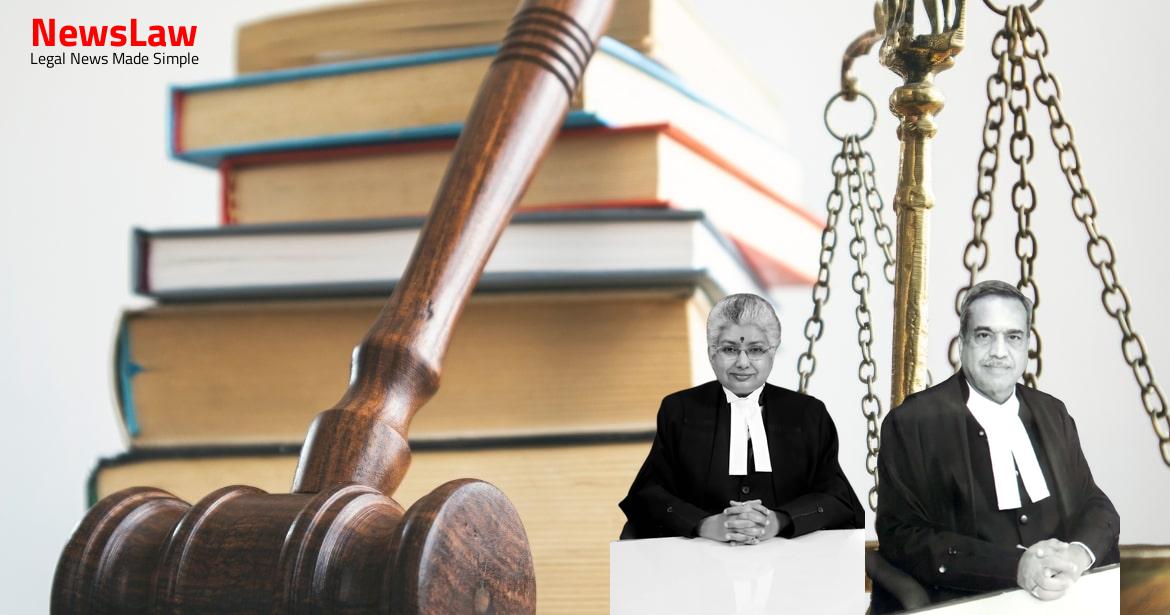No 2104/2010 Crl. However, we are concerned with the issue whether there is any element of an abetment to suicide in the present case which was at the threshold of charges having been framed. An order was passed suspending the deceased from the class and calling upon him to call his parents as an exercise of legitimate disciplinary action. Singh issued a notice whereby he directed action against two students including the deceased in separate incidents calling for a security amount of Rs.10,000/- to be deposited with the College as security deposit as a disciplinary exercise and to bring the parents to the office. The obvious purport of this is that while he was closest to his mother, he sought to anticipate that his father may be blamed for the episode and that the father should not be troubled by it. Aggrieved by the said order, three accused preferred criminal revision petition before the High Court which was dismissed on 30.4.2009 with a cryptic order only stating that the proceedings were at an early stage and did not call for any interference.
It is the say of the father, complainant (who was certainly not present to witness what happened) that some students were causing the noise and it was not the son/deceased. Nitin Shyam ran after the son and caught hold of him by the arm and dragged him towards the office of the Head of the Department. If one may say, on even reading of the charge sheet, on the basis of the complaint as it is, there is still no case made out for abetment of suicide. Abetment of a thing.—A person abets the doing of a thing, who— First.—Instigates any person to do that thing; or Secondly.—Engages with one or more other person or persons in any conspiracy for the doing of that thing, if an act or illegal omission takes place in pursuance of that conspiracy, and in order to the doing of that thing; or Thirdly.—Intentionally aids, by any act or illegal omission, the doing of that thing. It also requires an active act or direct act which led the deceased to commit suicide seeing no option and that act must have been intended to push the deceased into such a position that he committed suicide.” Learned counsel has also referred to the judgment in “Sanju Alias Sanjay Singh Sengar Vs.
Indrajit Kundu and Ors.” reported as 2019 (10) SCC 188 in which earlier judgment in “Ramesh Kumar Vs. In fact in Indrajit Kundu case (Supra) the judgment referred to us in Sanju case (supra) was once again referred to where the husband and wife’s quarrel resulted in the husband telling the wife “to go and die” and the suicide was committed two days later, was not said to have proximity to the quarrel even if stated in the suicide note. The anguish of the father ought not to have been converted into a case of abetment of suicide and certainly the investigation and the approach of the trial Court could have been more realistic keeping in mind the surrounding facts and circumstances in which the suicide episode occurred. OKA)
NEW DELHI 24 November, 2022 11 ITEM NO.101 COURT NO.2 SECTION II-B S U P R E M E C
O U R T
Also Read: https://newslaw.in/case-type/civil/courts-jurisdiction-in-re-appraising-arbitrators-findings/
O F
I N D
I A RECORD OF PROCEEDINGS Criminal Appeal No(s). No 2105/2010 (II-B) Date : 24-11-2022 These appeals were called on for hearing today.
Also Read: https://newslaw.in/case-type/civil/contrary-directions-in-issuance-of-letter-of-intent/
JUSTICE SANJAY KISHAN KAUL HON’BLE MR.
Case Title: V.P.SINGH Vs. THE STATE OF PUNJAB (2022 INSC 1326)
Case Number: Crl.A. No.-002103-002103 / 2010



